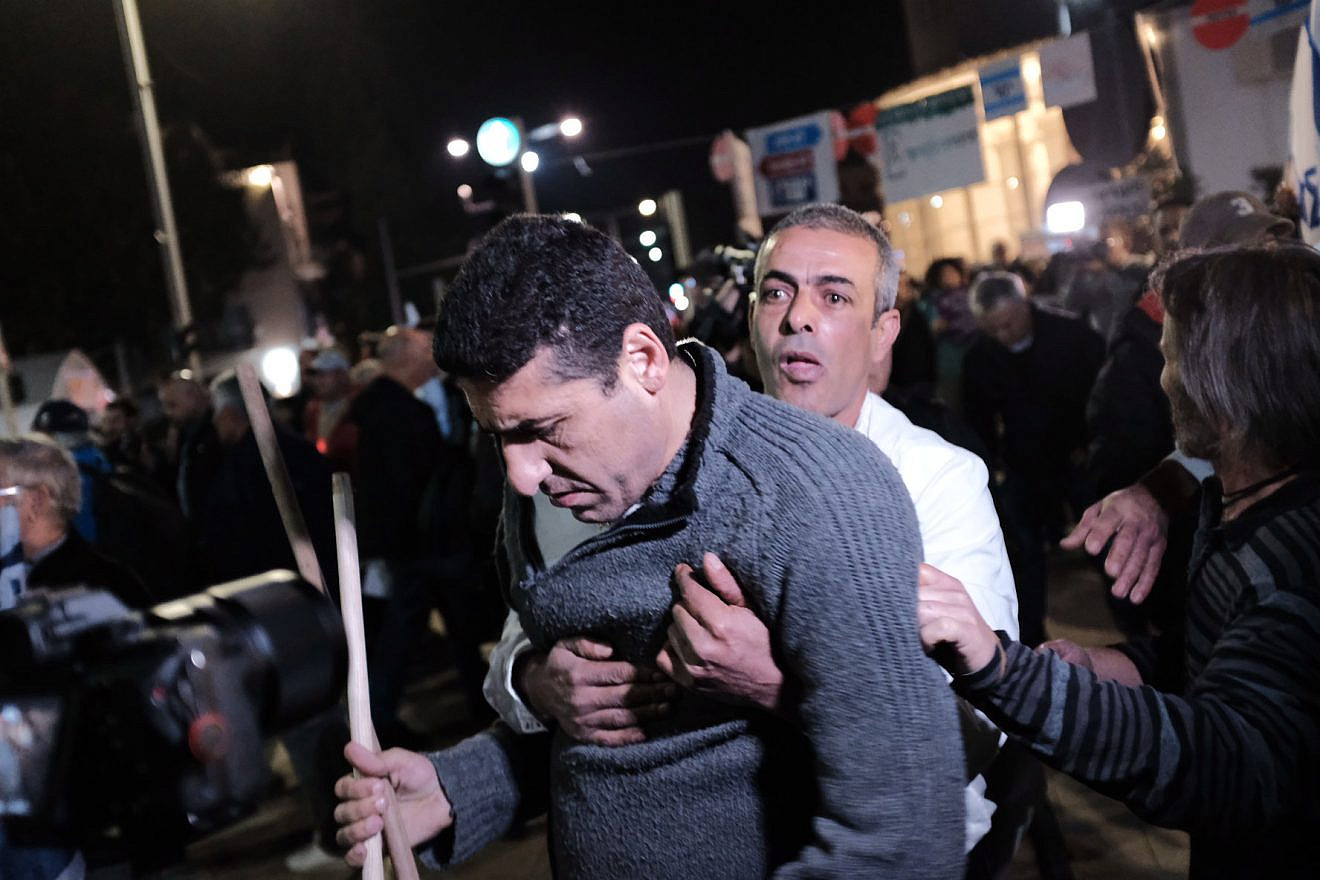Although Israeli society is divided in many ways, Israelis see themselves as more unified in 2024 than they were in the prior year in several areas, according to data from the Pew Research Center.
Many fewer Israelis (28%) see “very strong” conflicts between Israeli Jews and Arabs this year than did last year (46%), and Israelis are also less likely to see intense conflict between religious and non-religious Jews (18% compared to 29%) and among those on the political left and right (24% to 32%) in 2024, compared to 2023.
Pew surveyed 1,001 Israelis, all over the age of 18, face-to-face between March 3 and April 4. It did so in Hebrew and Arabic, but was unable to poll people in Gaza and Judea and Samaria “due to security concerns.”
In other ways, Pew reported significant divides between Jewish and Arab Israelis, including the belief that the national government is doing what’s in the country’s best interest. Some 61% of Jewish Israelis (up from 53% in 2017) had that trust in the national government, while Arab Israelis were less likely (23%) to do so compared to in 2017 (44%).
Jewish Israelis were also likelier in 2024 (93%) than in 2007 (77%) to say that the Israel Defense Forces was having a “very” or “somewhat good” impact on how things are going in the state, while the number of Arab Israelis who thought the Israeli military is having at least a “somewhat good” influence dropped from 57% in 2007 to 34% in 2024, according to Pew’s data.
In 2024, Jewish Israelis were likelier to see new communities in Judea and Samaria as helpful to Israeli security (49% in 2024 compared to 31% in 2013), and they were less likely in 2024 to believe that an independent Palestinian state could coexist alongside Israel (19%) than in 2023 (32%).
According to the new Pew data, Jewish (74%) and Arab (9%) Israelis had the most favorable views of Yoav Gallant, the defense minister, within the coalition government, followed by Israeli Prime Minister Benjamin Netanyahu—whom 51% of Israeli Jews saw favorably, compared to 7% of Arab Israelis—and then Finance Minister Bezalel Smotrich (45% favorable among Jews and 5% among Arabs) and National Security Minister Itamar Ben-Gvir (42% and 1%, respectively). National Unity Party leader Benny Gantz had a 56% favorability rating among Jewish Israelis and 30% among Arab Israelis.
Arab and Jewish Israelis were about evenly concerned about their own security in Judea and Samaria.
Some 94% of Jewish Israelis were at least somewhat concerned about violence against Jews in Judea and Samaria, and 70% were “extremely” or “very” worried. Sixty-seven percent of Arab Israelis were at least somewhat concerned about violence against Jews in Judea and Samaria, with 43% expressing extreme concern.
Those numbers flipped with respect to Arab safety in Judea and Samaria. Some 93% of Arabs were at least somewhat concerned about violence against Arabs in Judea and Samaria (73% were “extremely” or “very” worried), while just 39% of Jewish Israelis had that concern at least somewhat (and just 19% were very worried).


























